Dive Brief:
- The study, titled “FOMO (Fear of Missing Out),” highlights the desire of these generational groups to be active in contributing to societal change through freedom of expression and challenging norms around beauty and individuality through products they purchase and how they interact with the world online. “Pivotals” combine their favorite beauty products and digital prowess to transcend conventional definitions of beauty and reshape outdated ideas of race, gender, politics and religion, per the release.
- Of those surveyed, 79% agree that the way they present themselves is fundamental to who they are, while 81% said beauty was more about expression than products. Seventy-three percent said they’re more likely to turn to social media influencers than celebrities for style guidance, and 82% said their physical and digital identities were one and the same.
Dive Insight:
The FOMO study highlights how these younger consumer groups’ shifting ideas are forcing beauty companies and marketers to pivot their approaches when it comes to expanding product offerings and rethinking strategies to reach them.
“Pivotals” are generally more socially conscious when it comes to advertising and brand relations than generations before them. The study, per the release, also notes that these changing ideas of beauty are causing an underlying shift in cultural areas like race, gender and expression with a heavier emphasis on individuality, turning the concept of “niche” on its head and making it the norm.
“Although we’re interfacing with one of the most tech-savvy groups of American consumers in our history, it’s interesting to witness how they are also having a profound human impact on the rest of us,” said Beautycon CEO Moj Mahdara in the release. “Words that once defined cultural outliers or ‘unconventional’ people — for example, mixed race, asexual, or different-abled — the majority of Pivotals we surveyed apply to themselves with great pride. They can also be more than one thing, which in turn impacts what beauty products they buy, how they use it and how they inform others about what they’ve embraced.”
The Beautycon Media research findings match other trend reports from marketers that as digital natives, millennials and Gen Z don’t always respond to marketing efforts in ways that have worked in the past. Though the study focuses mainly on the beauty sector, marketers can read between the lines here and glean valuable insights into these key consumer groups.
Gen Z, in particular, was a popular topic during Ad Week in September, with many panels at the conference honing in on the fact that marketers must have smaller, more customized segments that aren’t based heavily on outdated generational demographics to reach the younger demographic.
Recommended Reading:
- Business Wire Beautycon Media Releases New Research Study That Affirms Generation Z and Millennials as a “Pivotal” Force Redefining the Beauty Industry
- Marketing Dive Why Gen Z might signal the end of demographic targeting as we know it
Source
http://marketingdive.com/news/study-gen-z-and-millennial-pivotals-are-reshaping-the-beauty-space-mark/509974/


